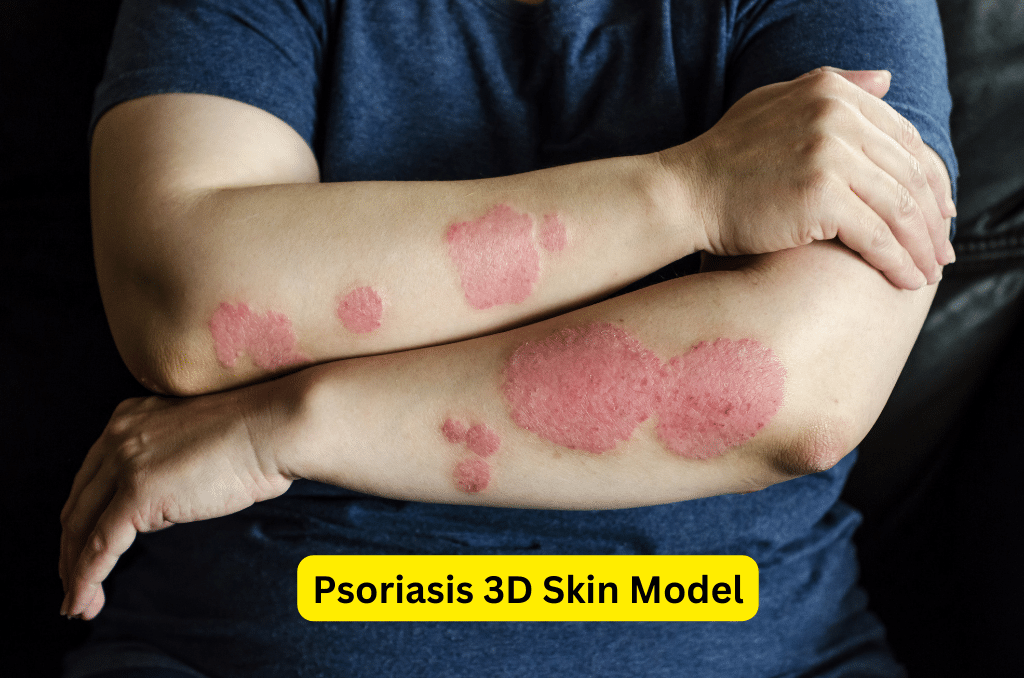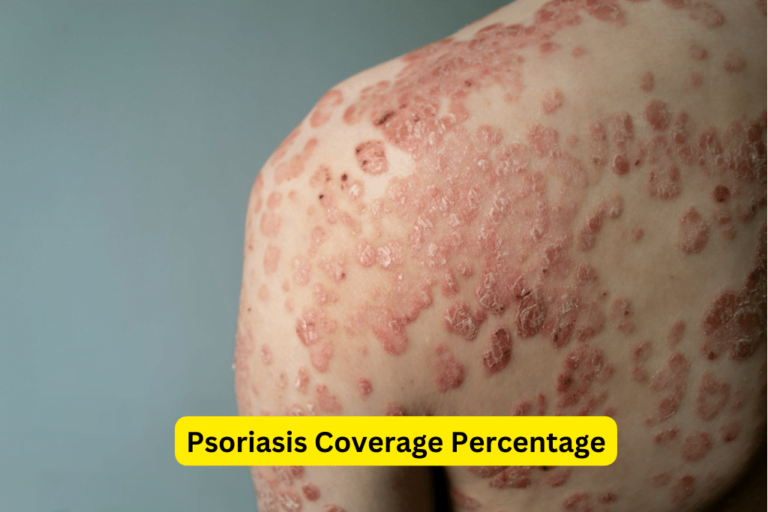3D Skin Model Unveils Psoriasis Secrets | Future of Dermatology Revealed
Psoriasis 3D Skin Model
Psoriasis is a chronic autoimmune condition that affects the skin, causing it to become inflamed and develop red, scaly patches. This condition can be both physically and emotionally distressing for individuals who suffer from it. While great strides have been made in understanding and treating psoriasis, there is still much to learn about its underlying mechanisms and potential new treatments. One exciting development in the field of dermatology is the use of 3D skin models to study psoriasis.
Unraveling the Secrets of Psoriasis with 3D Skin Models
Traditional 2D cell cultures and animal models have provided valuable insights into psoriasis, but they have their limitations. The advent of 3D skin models has revolutionized the study of psoriasis, offering researchers a more accurate representation of the complex interactions that take place within the skin.
These 3D models are created by culturing human skin cells in a specially designed environment that mimics the conditions found in the body. This approach allows scientists to study the behavior of psoriasis-affected skin cells in a more realistic setting, providing valuable insights into the disease process.
1. Enhanced Understanding of Psoriasis Pathogenesis
One of the key advantages of 3D skin models is their ability to mimic the intricate cellular and molecular interactions that occur in psoriatic skin. By recreating the microenvironment of the skin, researchers can gain a deeper understanding of the underlying mechanisms driving the development and progression of psoriasis.
Using 3D skin models, scientists have discovered crucial insights into the role of immune cells, keratinocytes, and various inflammatory mediators in psoriasis. This knowledge has paved the way for the development of targeted therapies that aim to specifically address these molecular pathways.
2. Testing and Development of New Treatments
The availability of 3D skin models has revolutionized the process of testing new treatments for psoriasis. These models allow researchers to evaluate the efficacy and safety of potential drugs before moving on to human clinical trials.
By exposing the 3D skin models to various compounds, researchers can observe the effects on psoriasis-affected skin cells, including changes in gene expression, inflammation levels, and cellular behavior. This approach enables researchers to identify promising candidates for further development and subsequent clinical testing.
3. Personalized Medicine and Patient-Specific Treatments
Psoriasis is a highly heterogeneous condition, with significant variability in individual symptoms and treatment responses. 3D skin models hold the potential to facilitate personalized medicine approaches for psoriasis patients.
By using a patient’s own skin cells to create a 3D skin model, researchers can tailor treatment strategies to the specific characteristics of their psoriasis. This personalized approach can improve treatment outcomes and minimize side effects, leading to more effective and targeted therapies.
The Future of Dermatology and Psoriasis Research
The use of 3D skin models in psoriasis research is just the beginning. As technology continues to advance, these models are likely to become even more complex and sophisticated, providing researchers with an unprecedented level of insight.
Furthermore, the integration of other innovative techniques, such as organ-on-a-chip technology and advanced imaging techniques, will further enhance our understanding of psoriasis and contribute to the development of novel therapeutics.
Conclusion: A Promising Path Forward
3D skin models have emerged as a powerful tool in the field of dermatology, offering researchers a more accurate representation of psoriasis and advancing our understanding of this complex condition. With ongoing advancements and continued research, the future of psoriasis treatment looks brighter than ever before.
By harnessing the potential of 3D skin models, scientists and clinicians may be able to unlock new treatment options and provide relief to individuals living with psoriasis, ultimately improving their quality of life.
"Have You Seen Mike Walden's new holistic acne System yet? It's called "Acne No More" I've read the whole thing (all 223 pages) and there's some great information in there about how to naturally and permanently eliminate your acne without drugs, creams or any kind of gimmicks. I highly recommend it - it's very honest and straightforward without all the hype and b.s. you see all over the net these days. Here's the website where you can get more information:
Click Here -->AcneNoMore









